[Kostenlos herunterladen] 49 Type I Error Meme

Many people decide before doing a hypothesis test on a maximum p value for which they will reject the null hypothesis.
Type i error meme. I always remember it this way. This means that your report that your findings are significant when in fact they have occurred by chance. Jun 3 2015 explore david scarborough s board it memes and stuff on pinterest. On the other hand if the system is used for validation and acceptance is the norm then the far is a measure of system security while the frr measures. The first kind of error that is possible involves the rejection of a null hypothesis that is actually true. This kind of error is called a type i error and is sometimes called an error of the first kind. This value is often denoted α alpha and is also called the significance level.
Betas don t have any confidence so they ll say something isn t true even if it is true and finally remember statistical significance clinical. What is the meme generator. Type i error rejecting the null hypothesis when it is in fact true is called a type i error. It s a free online image maker that allows you to add custom resizable text to images. The probability of type i errors is called the false reject rate frr or false non match rate fnmr while the probability of type ii errors is called the false accept rate far or false match rate fmr. While a type 2 error is a decision to accept the null or fail to reject it when in fact it is false. Please try again later.
See more ideas about tech humor humor computer humor. Type 2 errors are also called beta errors. It operates in html5 canvas so your images are created instantly on your own device. Let s go back to the example of a drug being used to treat a disease. Most commonly people use the generator to add text captions to established memes so technically it s more of a meme captioner than a meme. A type i error is a kind of fault that occurs during the hypothesis testing process when a null hypothesis is rejected even though it is accurate and should not be rejected. A type 1 error is also known as a false positive and occurs when a researcher incorrectly rejects a true null hypothesis.
Type i errors are equivalent to false positives. If the system is designed to rarely match suspects then the probability of type ii errors can be called the false alarm rate. This feature is not available right now.

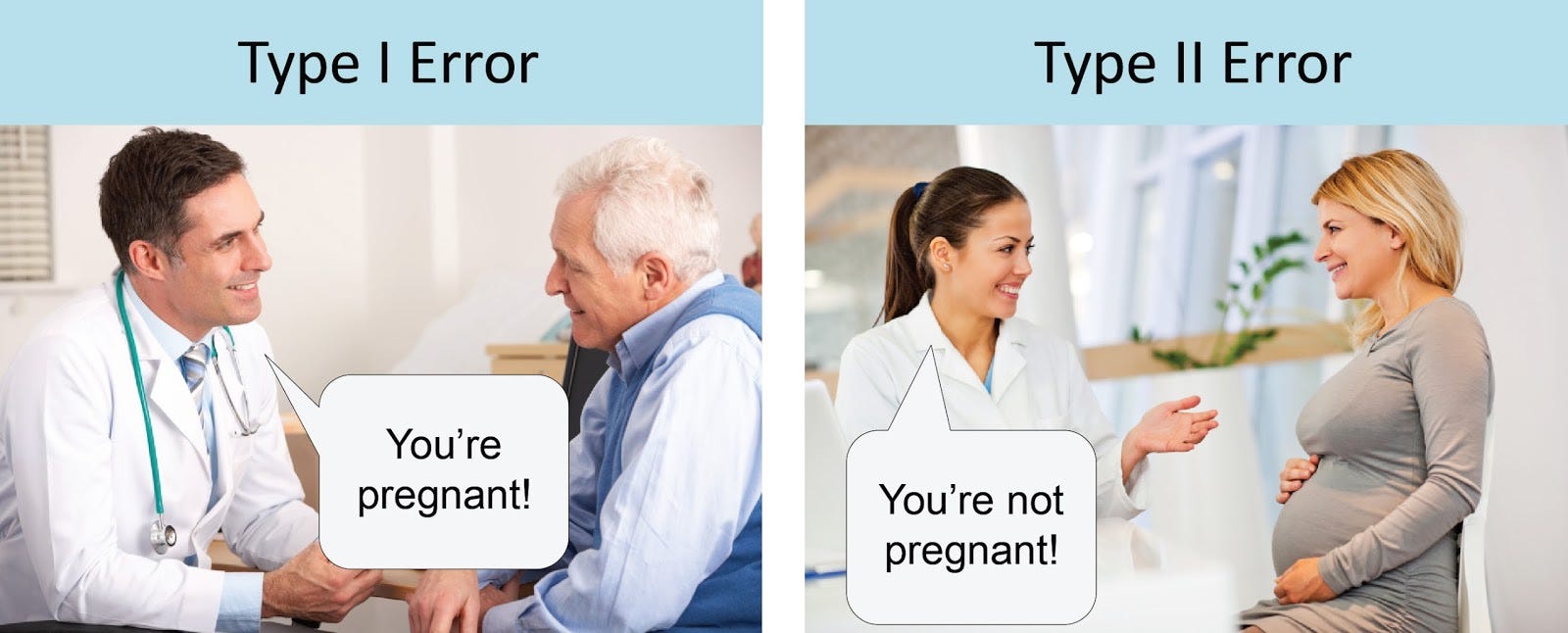
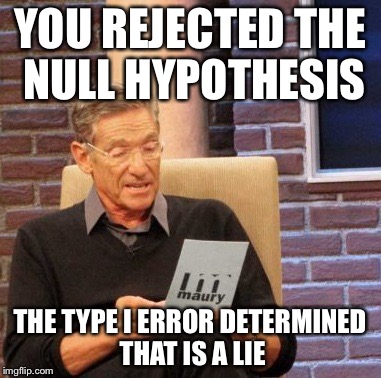






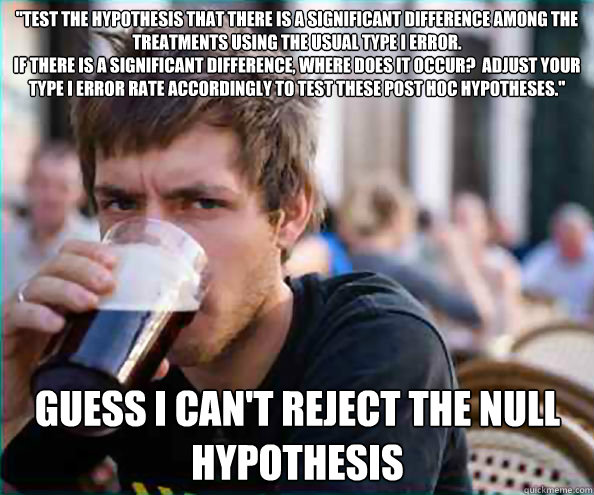





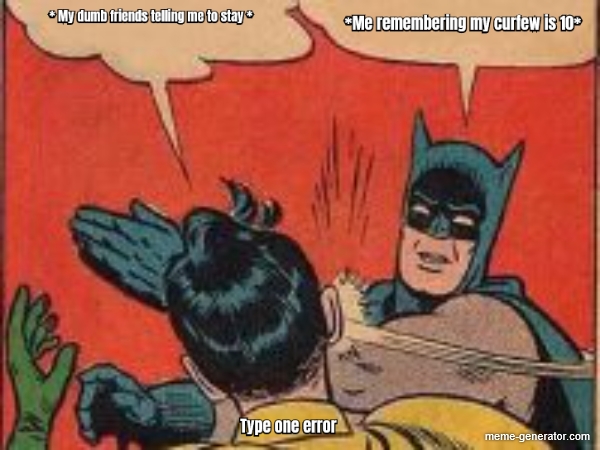
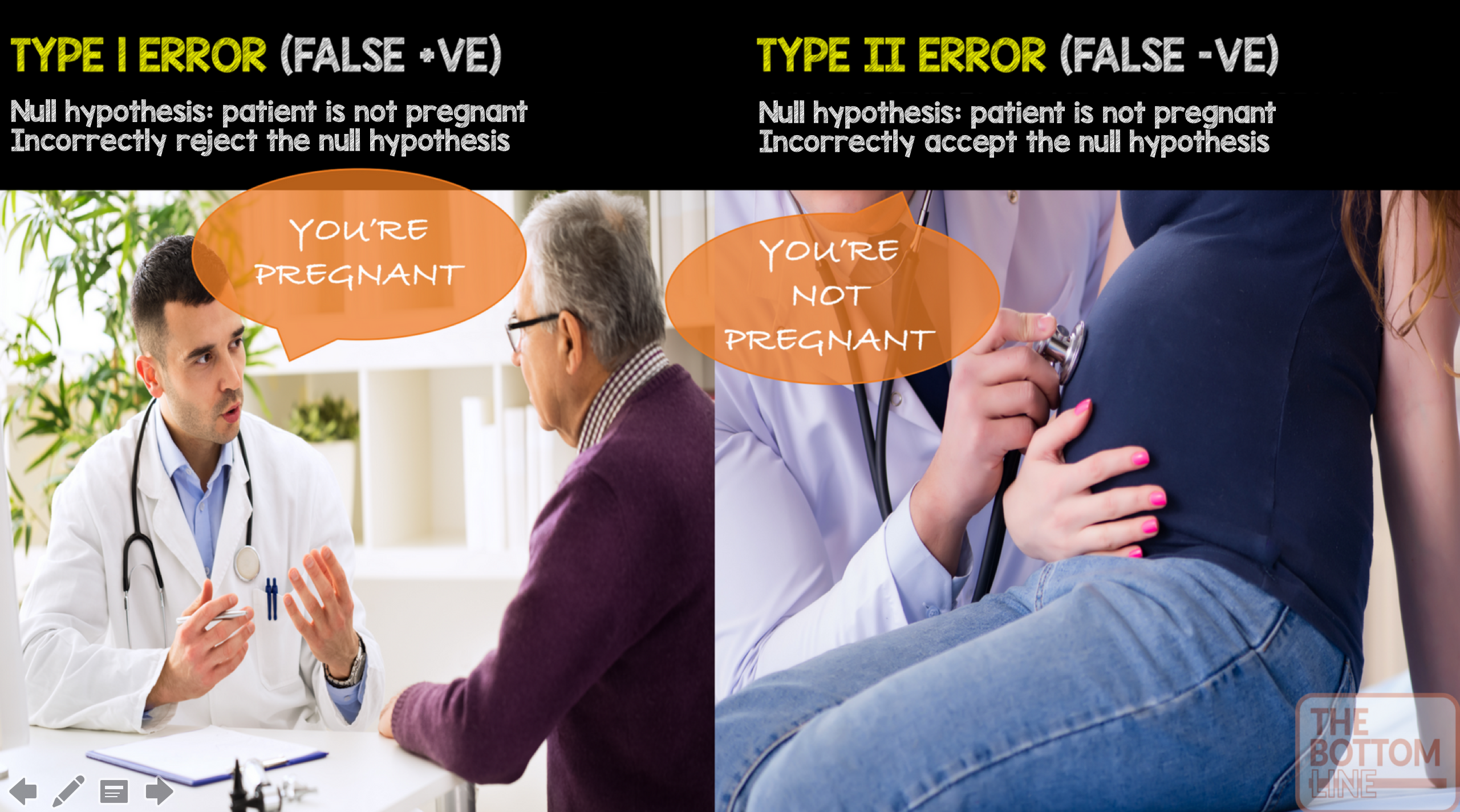




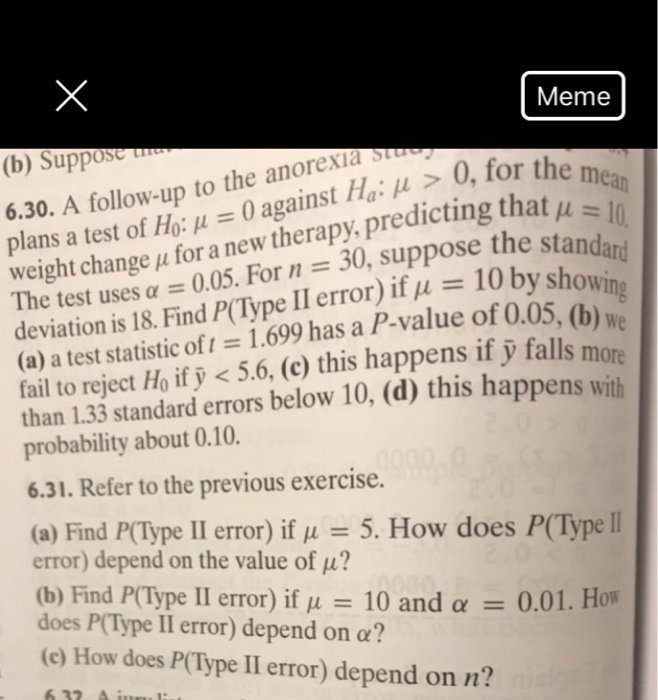












/cdn.vox-cdn.com/uploads/chorus_asset/file/19942094/Quarantine_Houses_02.png)



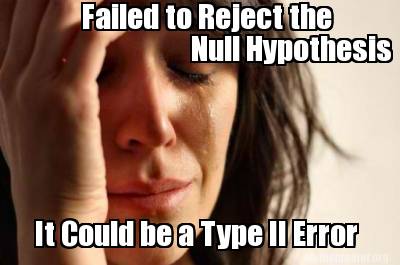























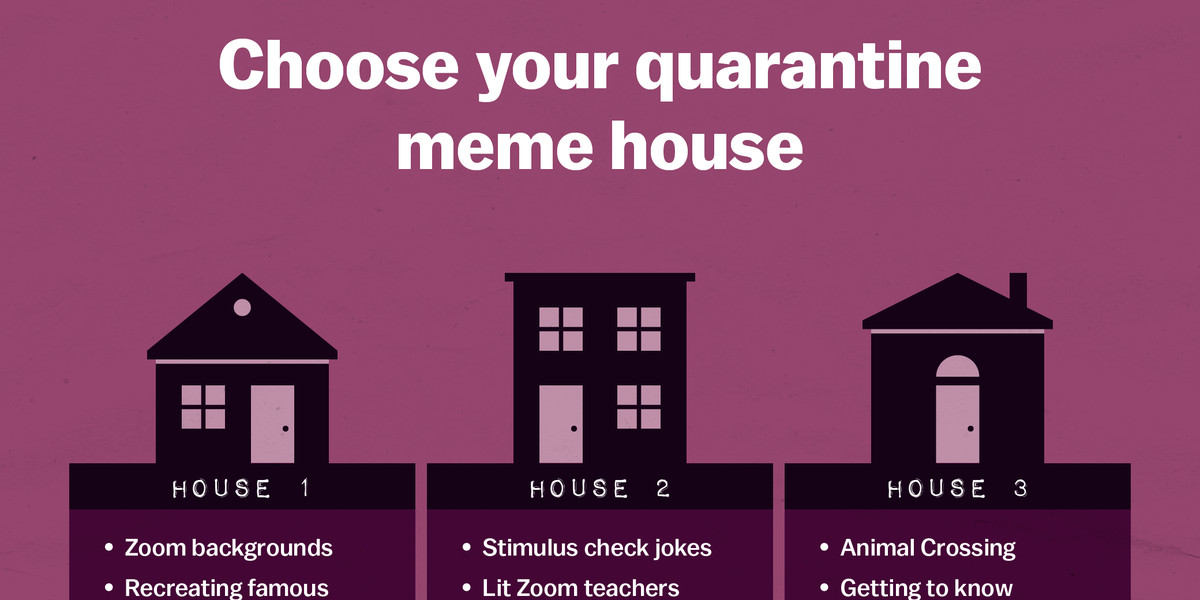

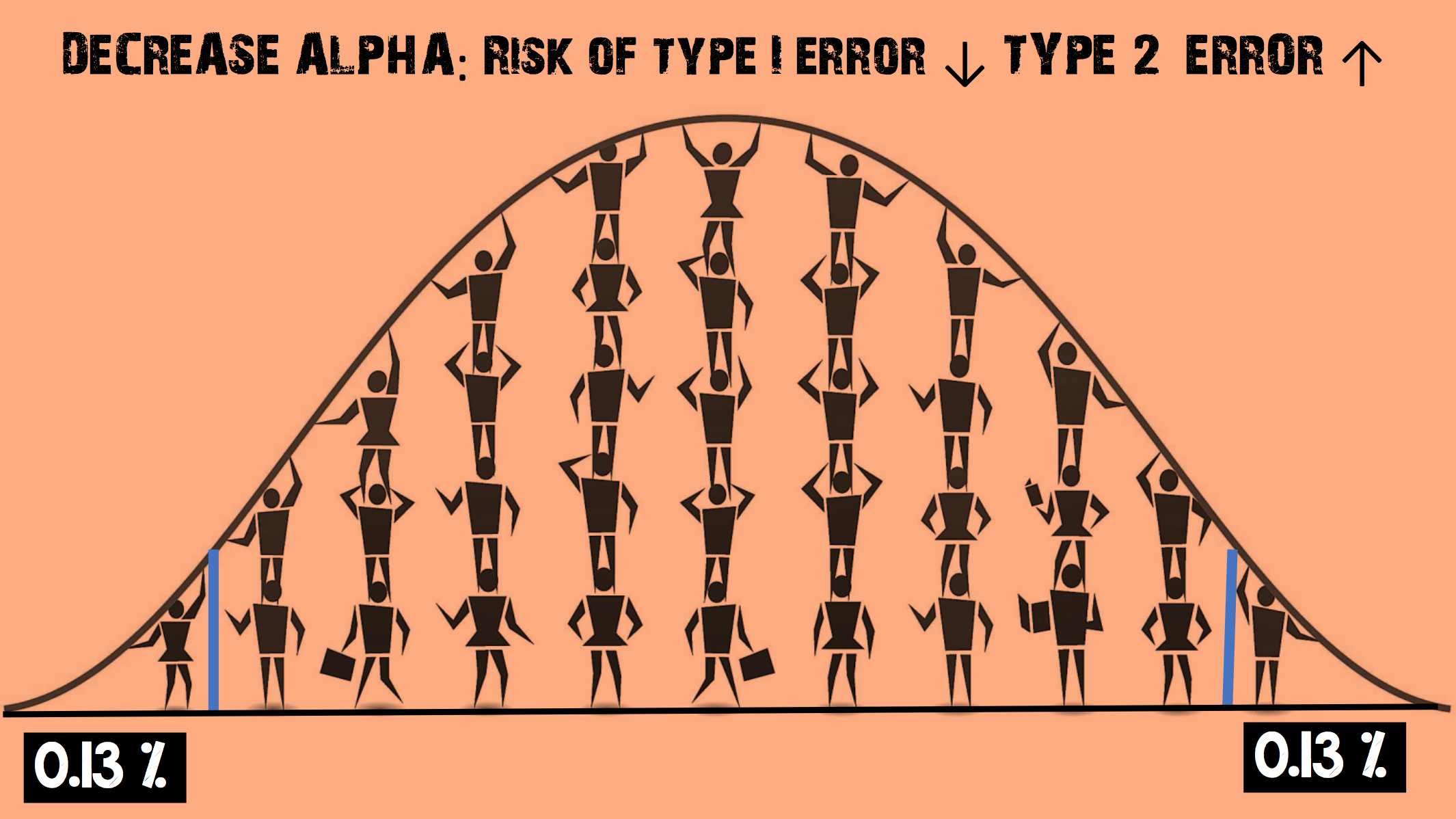




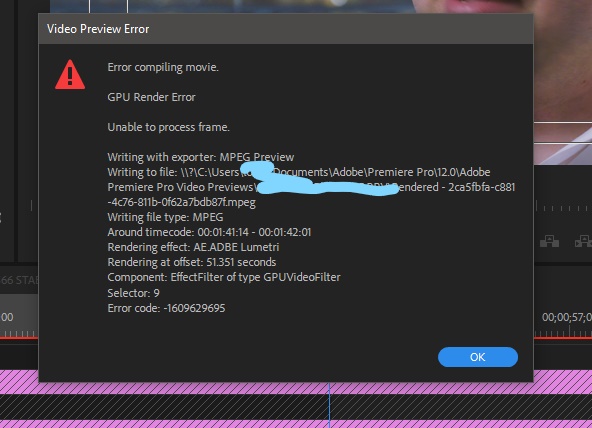















:max_bytes(150000):strip_icc()/what-is-passive-aggressive-behavior-2795481_final-efceb6f8c122452fb54fdcc02be6ab41.png)








